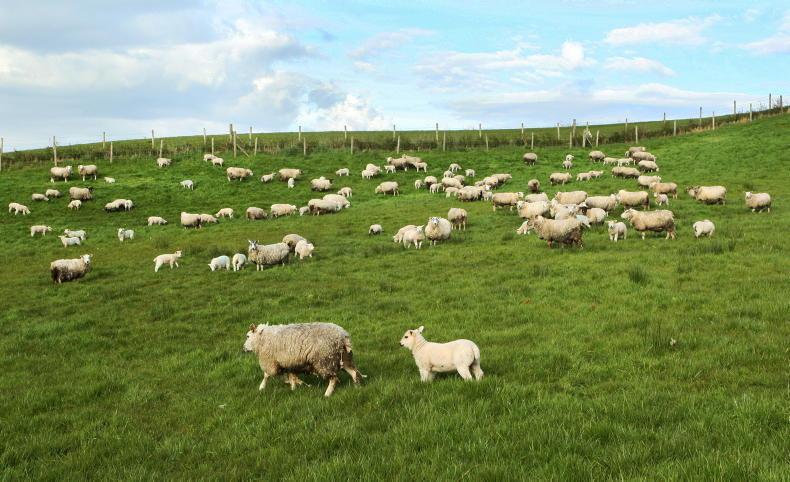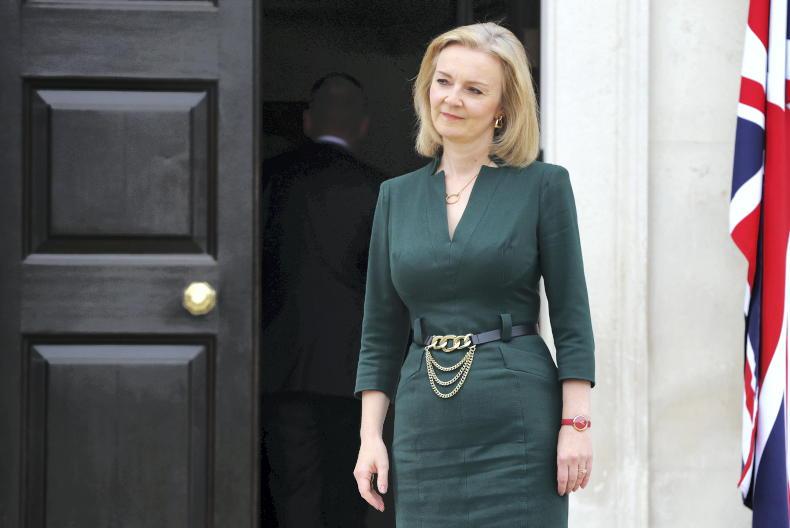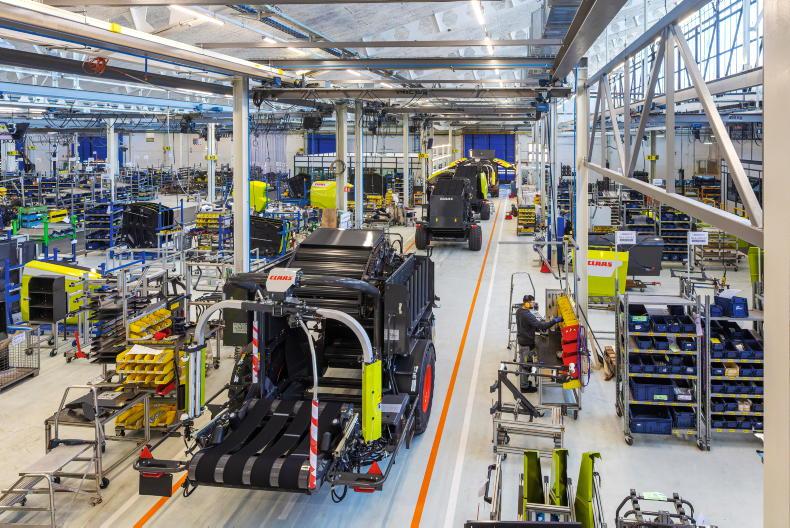The EU Unfair Trading Practices (UTP) legislation will take effect in Irish law from 1 July, having been signed off by the minister last week.
It primarily focuses on the relationship between processors and end user customers and will have a negligible impact on farmers.
What would have a direct impact on farmers is minimum price legislation for agricultural produce, as is being pursued in France.
This has been picked up by ICMSA as an option the Irish Government could consider.
French legislation
France introduced the EGALIM law in late 2018, which was designed to bring about a balance in trade relations between the agriculture and food sectors across the supply chain.
Prices were to be agreed each year by the 1 March between the retail sector and food industry, with farmers encouraged to join producer organisations by president Macron.
However, Alessandra Kirsch, director of French think tank Agriculture Stratégies, told the Irish Farmers Journal that it hasn’t worked out as intended.
French farm organisations are now calling for minimum pricing but that is currently incompatible with EU law
She explained that while there was an increase in consumer prices of €1.6bn, including 0.83% in a single month, there was no decline in processor or retail margins, with no meaningful improvement in farm prices.
French farm organisations are now calling for minimum pricing but that is currently incompatible with EU law.
Political action has no interest in increasing food prices
Kirsch also pointed out that while food consumption per person had increased fourfold since 1960, the share of household budget spent on food has reduced from 34.6% to just 13.4%.
“Political action has no interest in increasing food prices,” Kirsch added.
Proposal to strengthen legislation
Legislation is now before the National Assembly for consideration that would further strengthen the farmer position in the supply chain.
A price clause for minimum three year contracts is under consideration, where formula would be agreed between the parties for automatic price adjustments based on producer costs.
The focus in France has been on the dairy industry, which is primarily privately owned by processing companies
Transparency in the processing sector is also in the proposed legislation, which would require the processing factory to reveal its costs, but this is strongly opposed by factories, who are appealing to competition law.
The focus in France has been on the dairy industry, which is primarily privately owned by processing companies, not co-op based as is the case in Ireland.
The other significant feature is that proposed legislation will be applicable to products sold on the French market only.
The proposed legislation also wants to make it mandatory for the country of origin to be displayed for dairy products – this is already done voluntarily by some retailers.
Could it work in Ireland?
The short answer is yes, subject to not being in conflict with EU legislation. However, from a practical perspective, any legislation applicable to product sold in the national market would have limited effect, because 90% of our production is exported.
The other factor that Irish farmers should note is that the ambition to extend country of origin legislation to dairy produce again disadvantages exporting countries
When we are dealing in global export markets, prices are set by the crude tool of supply and demand, with the ethics of prices paid to farmers not part of the equation. Therefore, while Ireland could pursue this, the benefit to farmers would be limited.
The other factor that Irish farmers should note is that the ambition to extend country of origin legislation to dairy produce again disadvantages exporting countries.
It works brilliantly for farmers in countries that have a deficit in supply compared to demand, and the beef price UK farmers get compared with Irish farmers is a good example of this.
Role for EU
While a minimum price initiative may be limited in an Irish context, it would be much more interesting if undertaken at an EU level. Also, as the EU has involved itself substantially in the rules of production that farmers must adhere to, there is a case that they should similarly get involved in the market to ensure a viable return for farmers’ work.
This, in turn, also brings into question EU trade policy, which is in the process of opening the EU market to external supplies during this decade, which is in parallel to containing the production methods that can be used by EU farmers.
UTP legislation was only a first step that recognises there are problems in the supply chain
A strong case has been made for taking radical action on methods of farming in response to climate change, with specific targets now in place.
A similar radical approach is required to achieving sustainable farm gate prices and that can be achieved by EU and national funding, introduction of market access and price controls, or a combination of both.
UTP legislation was only a first step that recognises there are problems in the supply chain and minimum pricing at best works where there is a large domestic market. Irish farmers need protection for their produce that is sold in export markets as well.









SHARING OPTIONS